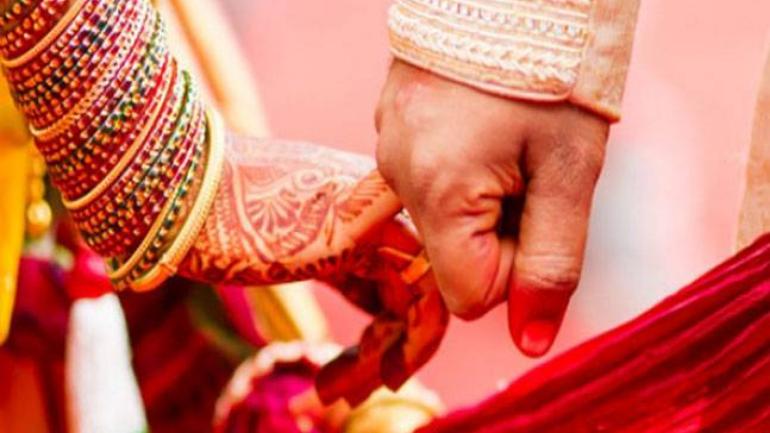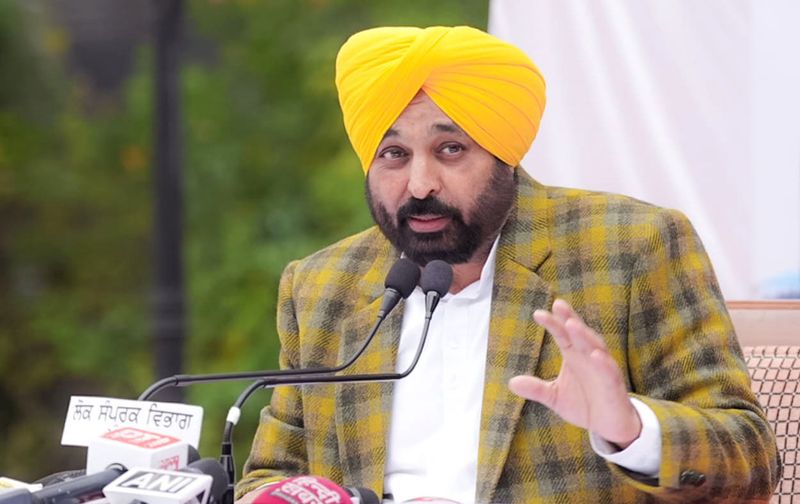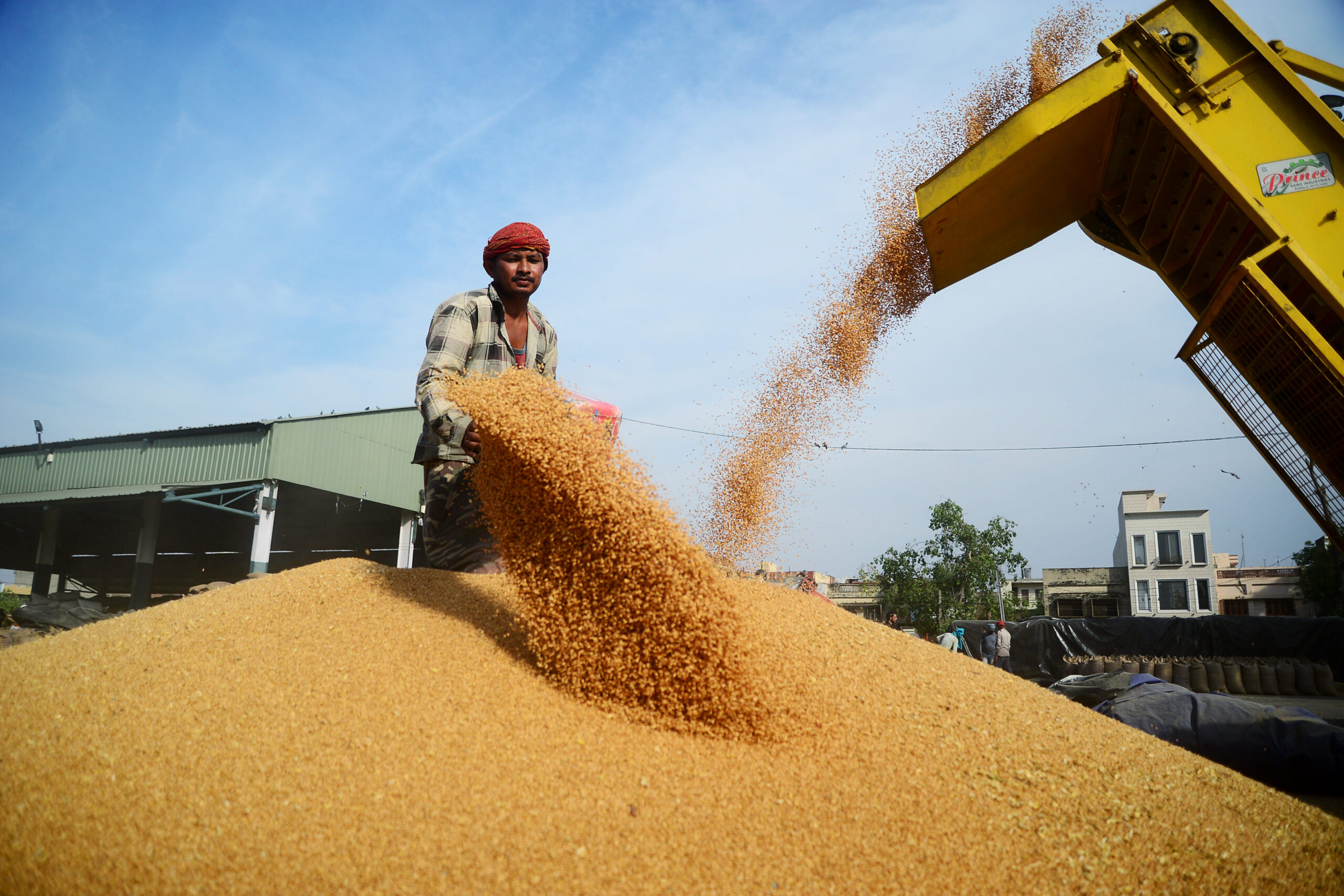Is there anything that is debatable or valid as the autonomy of a woman’s body? Or is this only an idea of a radical feminist movement? Must this be thwarted before it becomes an issue that society is frightened to address? The answer to these questions even today remains as confusing for many married women as it was in the Victorian era, when a wife was not expected to look at perpetration as an offence on behalf of her husband. In a historic move, the Supreme Court of India on 16 January 2023, said it would begin hearing a series of petitions seeking to criminalise marital rape from 14 March 2023. With this move, many women whose voices have been silenced in cases of marital rape can petition in the court to seek justice. It is to be seen how justice will be delivered in such sticky situations, as marital rape, where marriage to date is the basis of patriarchal rules. In cases worldwide, many rape criminal offences are nullified if the boy agrees to marry the victim. In such situations, the idea of justice delivered is completely against a woman. This systematic approach to silence women is deeprooted. To bring about change, is to throw light in the darkness of such topics, have open discussions in multiple vernacular languages for a greater reach, and create public awareness campaigns to reiterate the understanding of bodily freedom from the perspective of a woman. For a woman to be empowered, is for her to be able to make succinct choices and decisions regarding her body, which is free from violence or coercion. This is a long, winding, and difficult path ahead, but with this recent move by the SC in India, maybe the rolling stone of these taboo subjects will begin to gather moss. One must note that the tragic reality is that nearly half of the women (45%) in 57 countries are denied the right to say yes or no to having sex with their partner, using contraception, or even seeking healthcare for themselves. India remains one of the 36 countries where it is not a crime for a husband to rape his wife. This features in Section 375 of the Indian Penal Code, which defines rape as a criminal offence. However, it categorically mentions that sexual intercourse with one’s wife who is over the age of 15 won’t constitute the offence of rape. The legal age of consent was raised from 15 to 18 by the Criminal Amendment Act of 2013. India is soon heading toward becoming a superpower. But what stops us from not accepting rape as rape irrespective of marriage or not, is our view of a dated culture where marriage and family, are the ultimate barometer of success for a woman. Currently, of married women aged 18-49 who have been married only once, 11% reported their first ever experience of spousal violence within the first 2 years of marriage, and 21% experienced such violence within 5 years. And many don’t report violence because of the stigma attached to such issues. R a m a ( n a m e changed), who has been married for six years, said that “The first time my husband raped me was on our wedding night. I was 18 years old, and in an arranged marriage with a man I barely knew, I did not think that he would demand sex on the night of our wedding. I wasn’t ready for it. It didn’t matter.” “My husband would get drunk, hit me, and demand sex. When I got pregnant with my first child, he insisted on sex even though the doctor had advised a brief period of abstinence. I had a miscarriage, and my inlaws blamed me for the miscarriage; I continued to be blamed till the day of my divorce.” she added. According to the UN’s annual state of the world population report, countries like Russia, Thailand, and Venezuela are among the countries that allow men to have rape convictions overturned if they marry the women or girls that they have assaulted. Whereas India, on the other hand, has had an ex-woman Prime Minster and the current President of India, who is also a woman. So we are hopeful that with women representing us at the helm of power, marital rape will soon be recognised as a criminal offence, thereby changing and challenging the age-old idea of an angry husband punishing his wife by violating her sexually.
Mohua Chinappa is an author and a podcaster of a show called The Mohua Show







